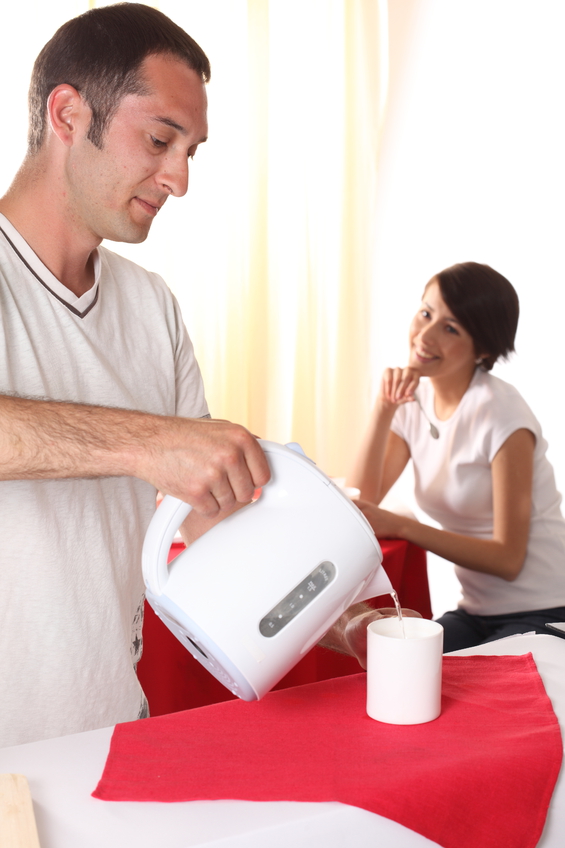Instruction
1
In every language there are certain formulas such as wish to enjoy your meal. In Turkish Afiyet olson! In Portuguese, Bom apetite! In French- Bon appetit! But it must be remembered that the English version is "Enjoy your meal" characteristic of American English. In England it is more appropriate to say "Bon appetit," or even to remain silent. Much more important to observe other details: don't start eating immediately after he served the dish. The rush to culture feast is a sign of bad manners, bad manners.
2
Wish Bon appetit implies informal communication - how to talk about their children or parents. For example, experts on etiquette believe that the restaurants do not have a tradition to wish Bon appetit. If it's a business lunch with colleagues or superiors or even a simple lunch in the office kitchen, do not be Intrusive initiative and shouting "Bon appétit", grabbing a plastic box of salad. Much more important to respect the etiquette: don't start eating before he has an older one present. Of course, each organization has its own unwritten rules. And if the food is made to rush at each other with bread balls or trying each other's plates, it is possible to master the informal wishes of Bon appetit.
3
Informal wishes Bon appetit can be oral and written, hooligan provocative like "may you choke","the Grass nazdorove" or syrup-gentle in the spirit of "eat, Eat, dear// Stuffed belly //Chicken and porridge// Loving Mary". Leaves with similar "bonapetite poems" can put loving wives, collecting your husbands lunch to work. It is important to understand that informal communication is important, not how much ritual formula, how much sincerity and friendly attitude.
Note
The tradition of wishing Bon appetite has not caught on in restaurants, but still strong enough to train. To wish Bon appetit should answer a polite "Thank you."
Useful advice
If you wish to enjoy your meal caught the person at the time of eating, you do not need to answer with your mouth full. Only a small nod of the head.





